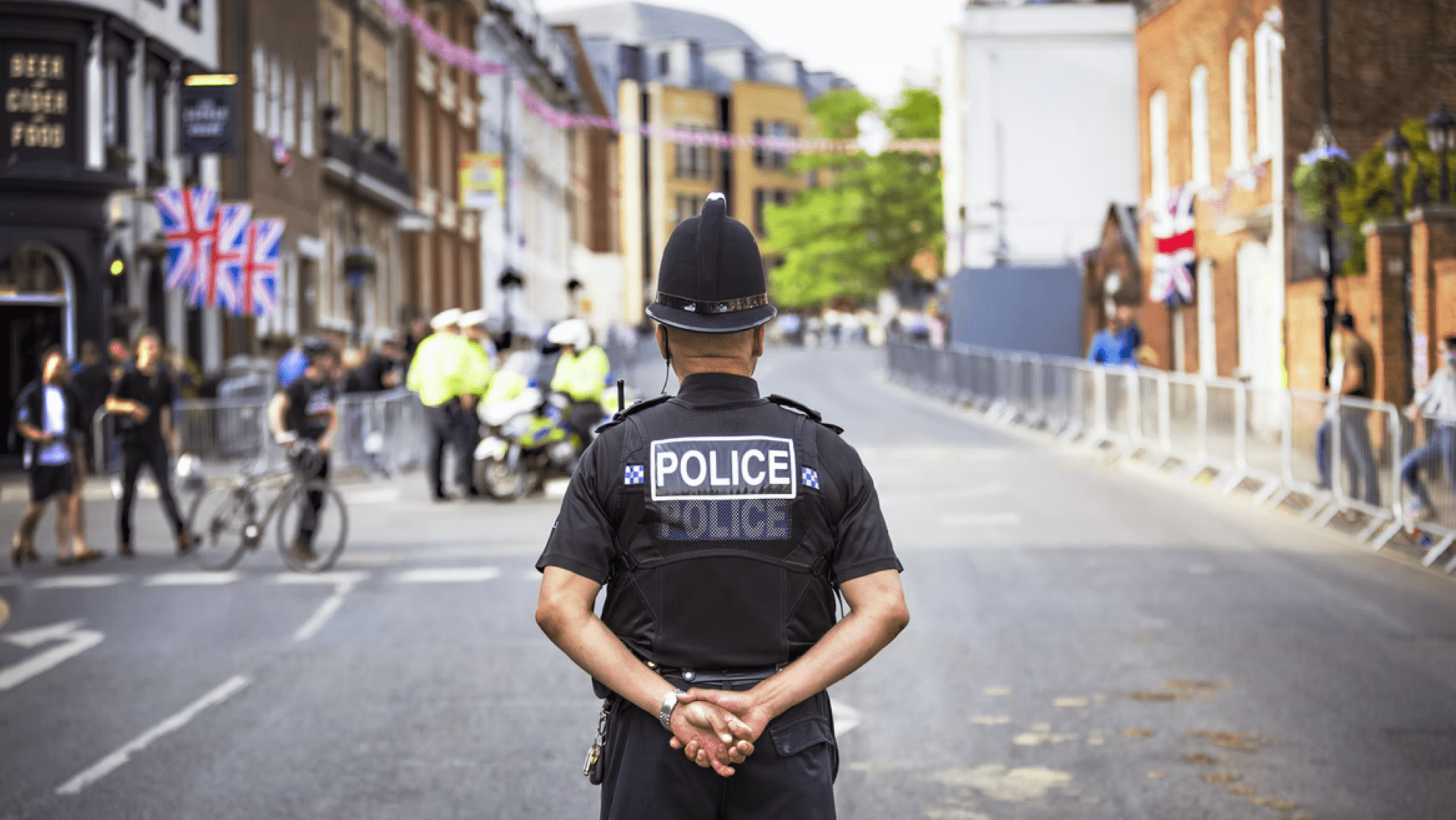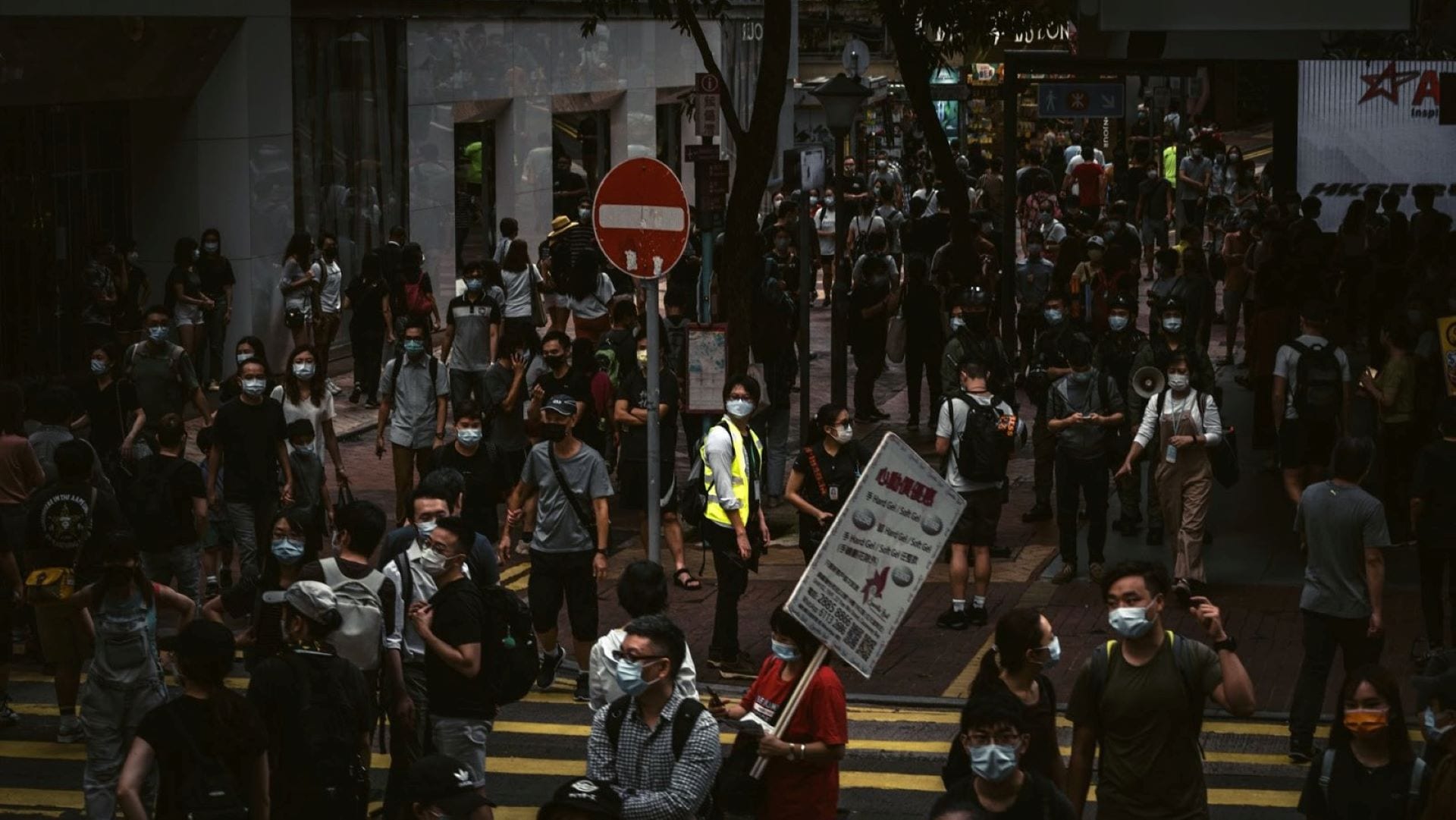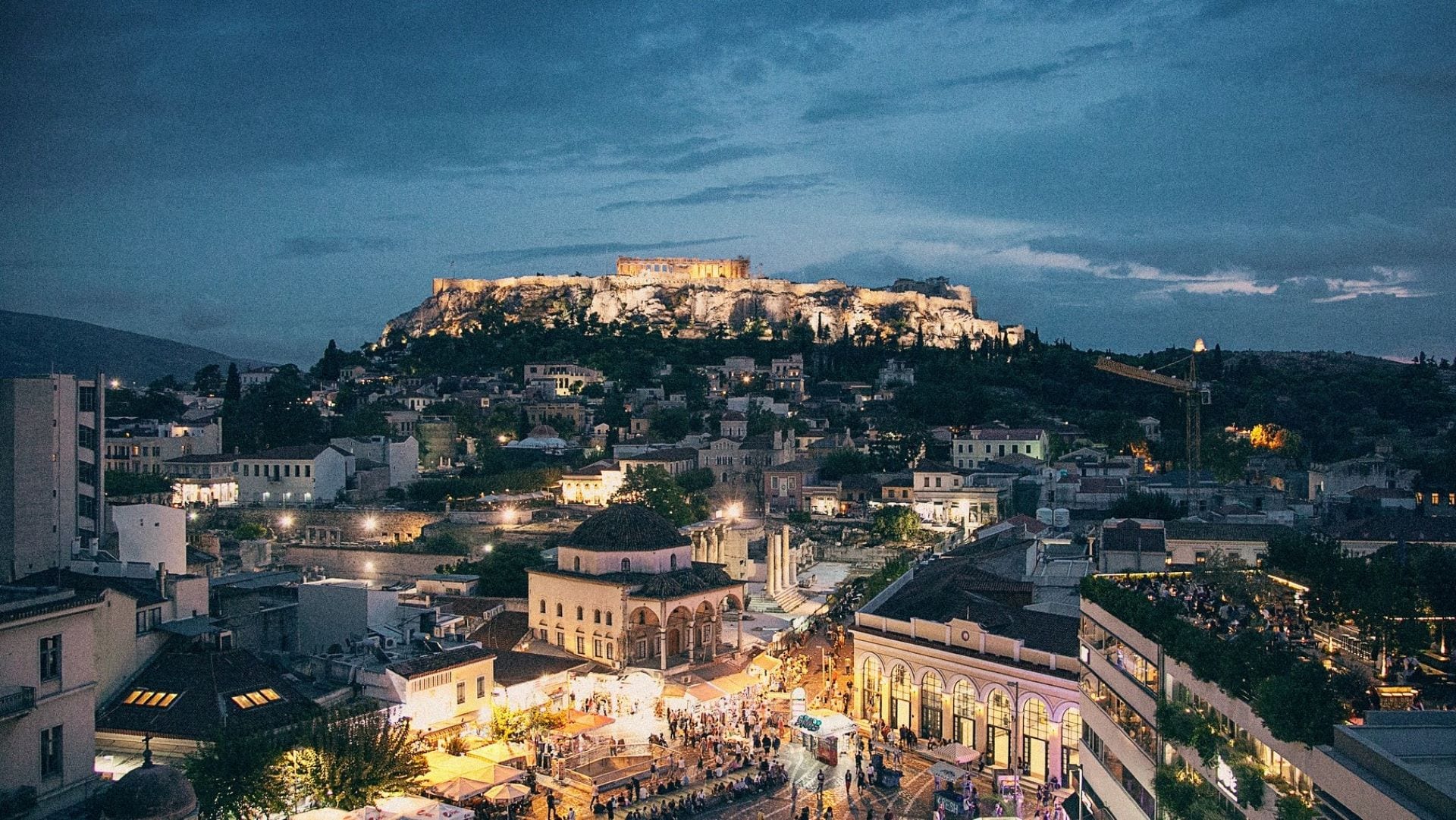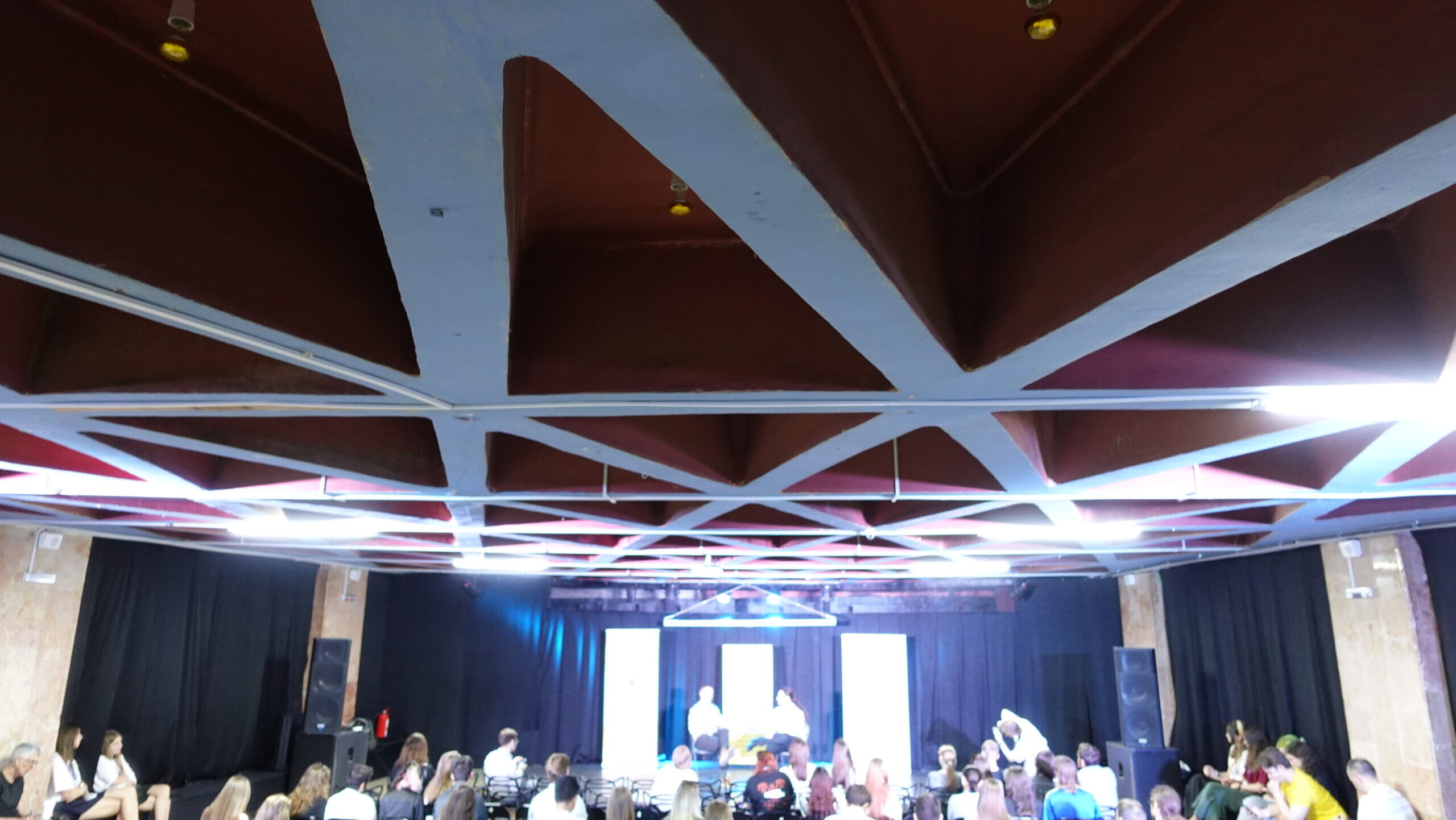The death of George Floyd, on May 25, 2020, at the hands of Minneapolis law enforcement, has resulted in widespread outrage and civil unrest across much of the United States. Floyd, a 46-year-old African-American man, died in horrific circumstances, which are documented both by local security cameras and members of the public.
Footage of the events quickly went viral, showing a police officer, Derek Chauvin, pressing his knee against Floyd’s neck for a prolonged period of time. Floyd was face down on the ground and handcuffed. Initially, he was begging for his life, telling the officer, “I can’t breathe.” Police officers present showed no apparent concern for Floyd’s wellbeing, while people in the crowd which had gathered were becoming increasingly agitated, pleading with the officers to stop.
After George Floyd became unresponsive, the bystanders begged the officers to check his pulse, pointing out that he was seemingly unconscious and there was no need to restrain him. Chauvin, however, kept his knee in place until an ambulance arrived on the scene, almost three minutes after Floyd appeared unresponsive. Police had been called by a shopkeeper who suspected Floyd of attempting to pay using a counterfeit $20 bill. Security footage shows Floyd cooperating with police and not putting up any physical resistance in the lead-up to his death.
This shocking event is far from being the first instance of police brutality in the United States in recent years. It highlights some major problems within law enforcement, including a lack of accountability for abuses, excessive use of force, and an enduring disproportionate impact of police brutality on African Americans.
The issue of police accountability
Although all four officers implicated in the death of George Floyd were fired the following day, with Derek Chauvin’s charge having recently been changed to second-degree murder, it remains notoriously difficult to hold police officers accountable for abuses. Even when fired, officers are often later reinstated. A legal doctrine of qualified immunity, introduced in 1967, means that, for a law enforcement officer to be prosecuted, they must have violated constitutional rights or “clearly established” federal law.
The doctrine of qualified immunity has been subject to increasing levels of criticism, as issues with the interpretation will often allow officers to go unpunished, even for serious abuses. Calls to prevent future injustices by rolling back this policy are increasing, even within the Supreme Court.
However, this is not the only reason that individual officers are not held responsible for their actions. Police unions represent another significant structural barrier to greater accountability and transparency in law enforcement. For instance, in 2017, Reuters investigated the role of unions in erasing disciplinary records in order to protect officers from scrutiny.
Heavy-handed response aggravating the situation
In the aftermath of George Floyd’s death, widespread protests began, first in Minneapolis, and then subsequently spreading to cities across the country and beyond. Outraged by what they had seen, protesters gathered to demand justice, while also highlighting the wider issue of long-standing police abuses, particularly towards black communities.
It is extremely important to note the difference between the great numbers of protesters expressing genuine and legitimate grievances, and those who are exploiting the situation for opportunist looting. Sadly, the minority of people involved in destructive acts are compounding the misfortune of business owners, many of whom are already in a precarious situation due to the ongoing COVID-19 pandemic and state-imposed lockdowns.
In many cases, protests have unfolded peacefully, expressing a clear message that police brutality must not be tolerated, and demanding a change from the pattern of abuses suffered by black Americans at the hands of law enforcement.
On a positive note, there have been a number of instances where police have shown solidarity with protesters, asserting that what happened in Minneapolis should in no way be representative of all police officers.
However, all across the country, there have been too many incidents where police have responded to protests in a particularly heavy-handed manner. Law enforcement officers have, among others, used tear gas to disperse peaceful protesters, been involved in fatal shootings after failing to switch on their body cameras, and arrested news reporters without explanation.
It is clear that the numerous instances of police brutality, particularly when dealing with peaceful protests, will serve only to make the situation worse by adding more fuel to the fire. In all likelihood, in terms of preventing an escalation of violence, such needlessly authoritarian tactics are doomed to fail.
Finally, while it is important to condemn all acts of violence, theft, or destruction of property, it is also imperative that law enforcement respects individuals’ rights to gather and demonstrate peacefully. Sadly, there have been all too many instances of this not being the case. No individual should be harmed for exercising their right to protest, and no journalist should be arrested for doing their job.
What happened to George Floyd must never be allowed to happen again, and at this point, after such a long list of injustices, the indignation felt by so many at this horrific event is completely understandable. Through the actions of protesters seeking those responsible to be held accountable, the call to end police brutality has become more relevant today than ever before. Police officers are put in an extraordinary position of power, however, individuals in such a position also carry an enormous level of responsibility, and must be held accountable for any abuse.
To read more about ending police brutality, be sure to check out our cluster page by clicking on the button below.
This piece solely expresses the opinion of the author and not necessarily the organization as a whole. Students For Liberty is committed to facilitating a broad dialogue for liberty, representing a variety of opinions.








